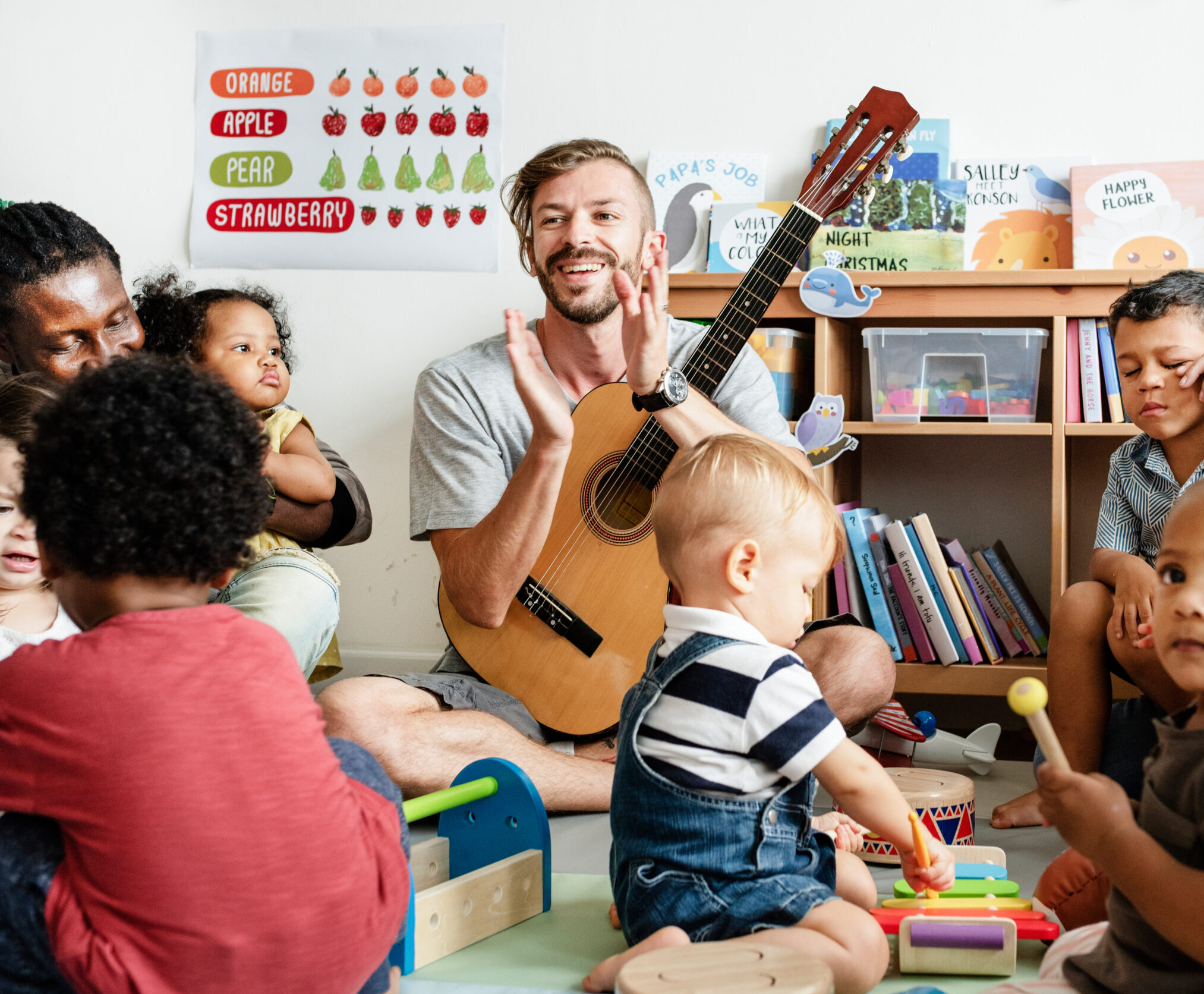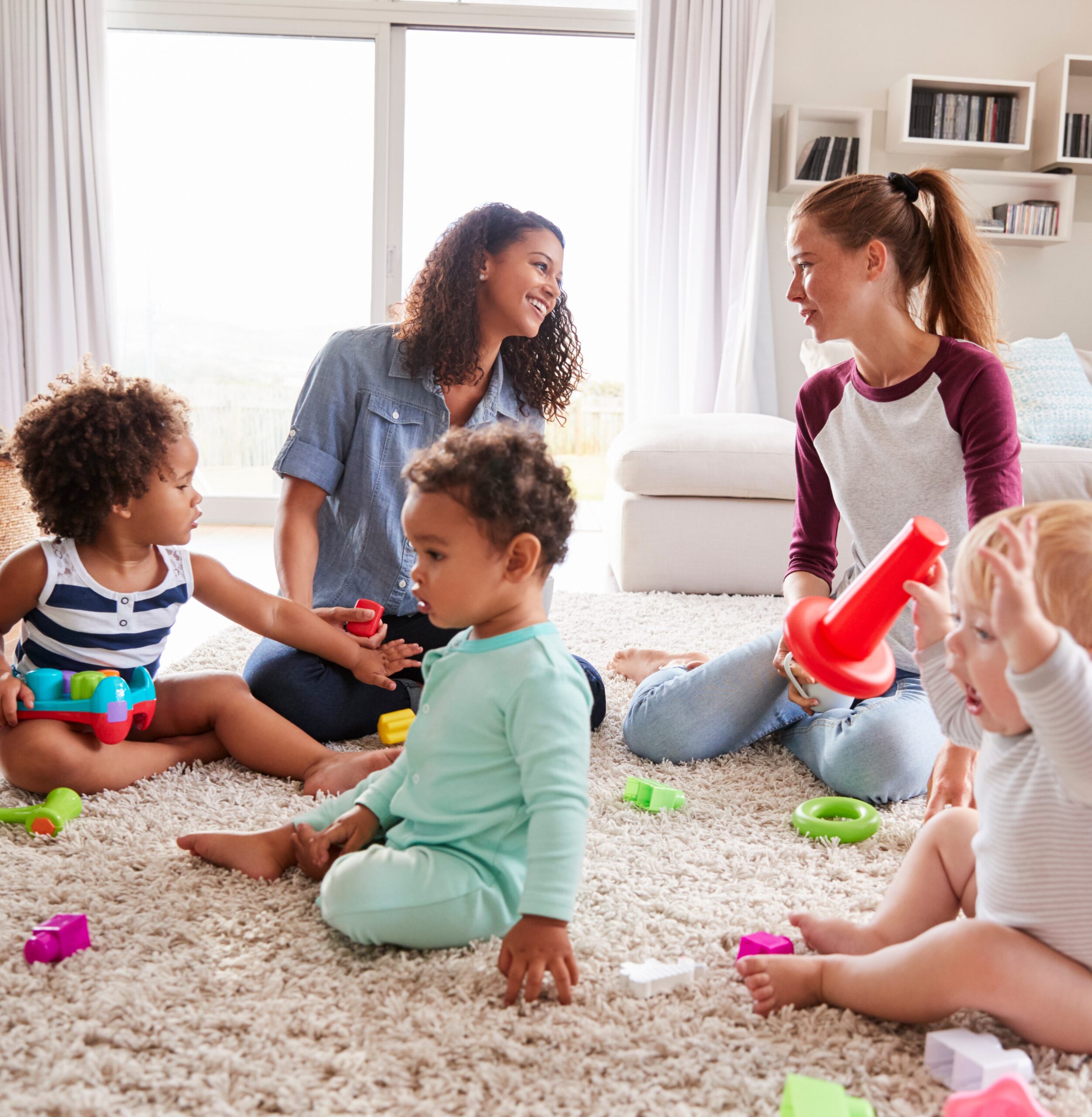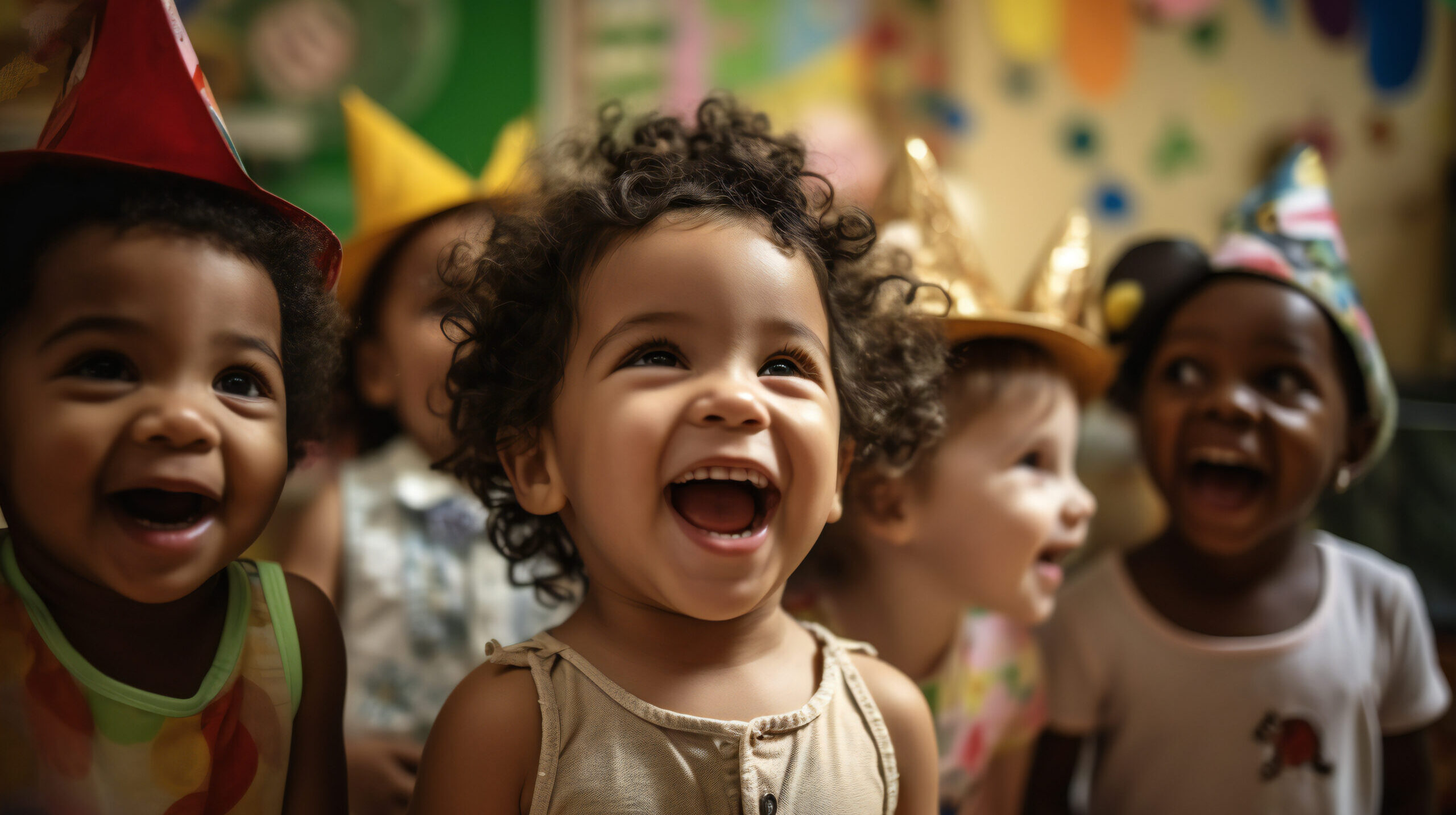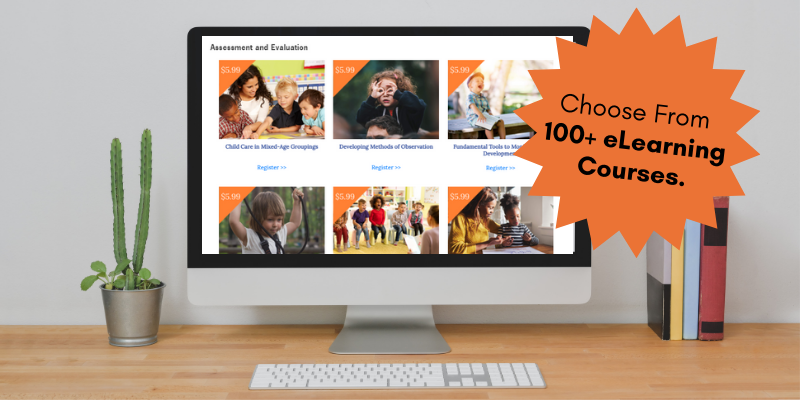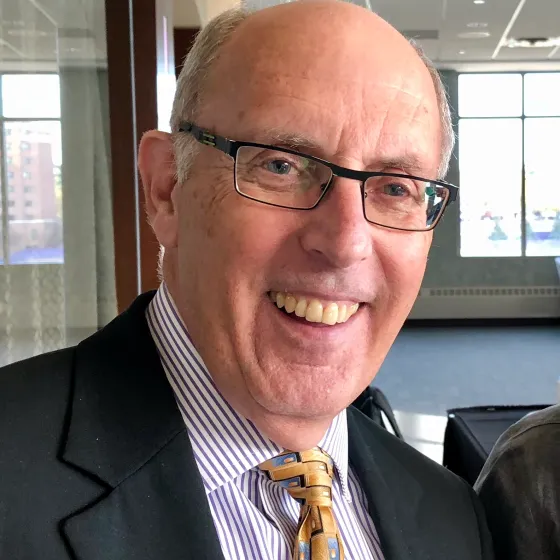Blog, News & Events
Insights, Ideas, and Resources for Early Learning
Welcome to the Think Small Blog, your go-to destination for valuable insights, innovative ideas, and inspiring stories in the field of early learning. Dive into a treasure trove of articles crafted by our team of experts, dedicated to empowering child care providers, educators, and families.
March highlights Music in Our Schools! Music supports early learning, at home and in early care and education settings
March is Music in Our Schools month! Music is also a vital part of early childhood, at home and in early care and education. There is so much joy in ...
Early Childhood Suspension & Expulsion: Understanding the Policy and Its Impact
What is early childhood suspension and expulsion? Suspension or expulsion happens when a child is removed from their early childhood classroom. In practice, this can look a few different ways. The ...
Prioritizing Mental Health from the Start with 80x3
May is Mental Health Awareness Month and serves as a poignant reminder of the critical role mental health and well-being play in our lives. Promoting and supporting mental health is ...
Exploring the Importance of the Week of the Young Child®
Every year, the early childhood community celebrates the Week of the Young Child®. This special week, organized by the National Association for the Education of Young Children (NAEYC) since 1971, ...
Literacy Starts at Birth
Children’s brains in the first five years of life are rapidly forming new connections and building the foundation for future learning. Caregivers in a child’s life play a crucial role ...
New: eLearning Courses from Think Small Institute
Early childhood educators spoke and we listened. We started Think Small Institute to provide high-quality, affordable, mobile-first professional development putting the tools you need to spark new ideas in your ...
Think Small Statement Regarding Family Separations
By Barbara Yates, President and CEO of Think Small As another school year begins, we have another opportunity to reflect on children’s readiness for the learning ahead. Think Small’s strategic ...
Small Talks - Text Me: Turning Everyday Moments into Early Learning Experiences
Small Talks features leaders who share key insights on early childhood education and discuss innovative solutions to early learning issues in Minnesota. By Kristie Thorson, Communications SpecialistText Me: Turning Everyday ...
Small Talks - Talk to Me: How Early Conversations Impact a Child's Life
Small Talks features leaders who will share key insights on early childhood education and discuss innovative solutions to early learning issues in Minnesota. By Kristie ThorsonTalk to Me: How Early ...
Early Learning Scholarships Are Critical for Children in Child Protection
The Policies in Play series takes a closer look at the recently passed state legislative policies that affect early care and education. We work with partners to find out what ...
Brain Development in Infants and Toddlers
90% of brain development occurs by age 5.80% of the brain is developed by age 3.These eye-catching statements sound impressive but can be confusing and misleading. Learning certainly continues after ...
Poverty's Immense Impact on Brain Development During Childhood Explored
By: Maya Fanjul-DebnamMore than 16 million children in the United States – 22% of all children – live in families with incomes below the federal poverty level, $23,550 a year ...
Learning Starts at Birth: Implications for a Lifetime
By: Maya Fanjul-DebnamFrom the moment they are born, children are learning from their surroundings. Everything from brain growth to approaches to life are shaped by what does—or does not–happen in ...
